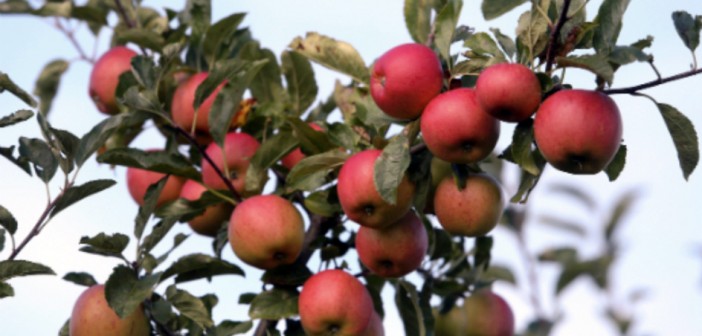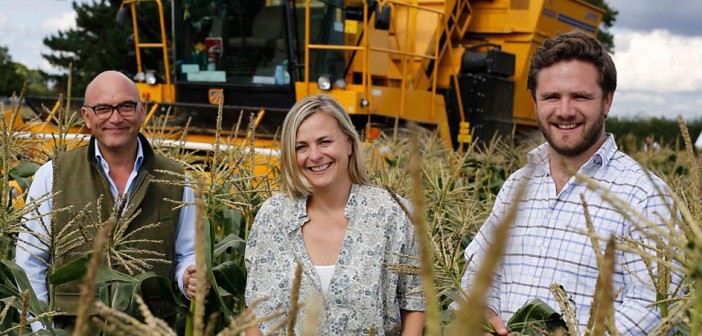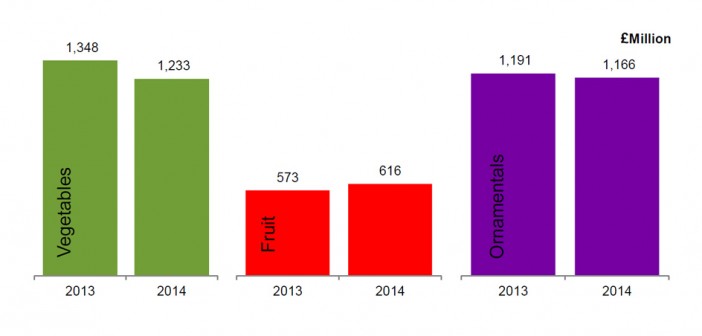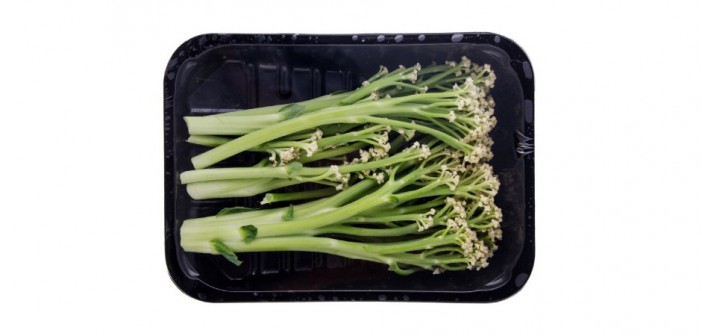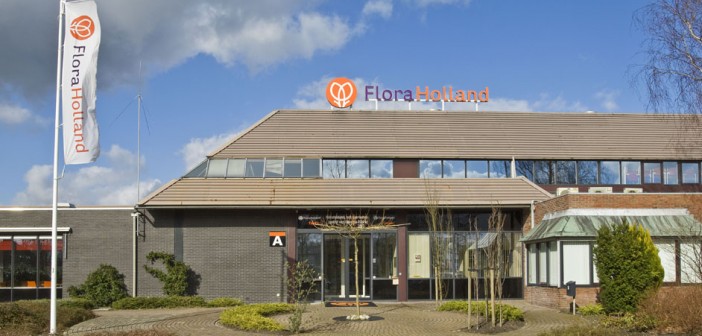On Thursday 24th September Bejo hosted more than 220 growers, suppliers and industry experts at its headquarters at Warmenhuizen in The Netherlands for its Brassica Symposium 2015.

The day, which was held to coincide with Bejo’s popular Open Field Demo Days, gave delegates from around the world the chance to hear the latest developments in brassica science, marketing and breeding from leading experts, as well as seeing for themselves the novel product concepts that Bejo is developing in the sector.
In his keynote presentation Professor João Carlos da Silva Dias, chairman of the ISHS Brassica Committee, gave an overview of the development and evolution of the wide range of brassica vegetables we now enjoy, from the earliest wild kale type plants to modern sprouting broccoli and coloured cauliflowers.
Focus on science
The morning focused on science, in particular the role of glucosinolates, a key benefit of many brassica crops. These important compounds were discussed by Dr Nicole van Dam of the German Centre for Integrative Biodiversity, and Dr Kirsten Brandt of Newcastle University, before Henrie Korthout of Fytagoras B.V. provided a glimpse of the future when he outlined new techniques to identify the important bioactive compounds found in brassicas and other vegetables.
Understanding the chemicals present in different brassicas can be important for marketing purposes. The way in which even the same bioactive compound interacts depends on many different factors and may not always be the same, as Nicole van Dam explained: “Every crop has its own profile and benefits and its own composition pathway. You cannot always claim that a particular glucosinolate is healthy, so you have to understand what you are talking about.”
As plant breeders have worked over the years to produce sweeter, less bitter tasting brassicas, they may also have made them more palatable to certain pests, many of which are deterred from eating crops with high glucosinolate levels. However, this isn’t always the case and it was pointed out that some species, such as Pieris brassicae and P. rapae are actually attracted to the plants by these compounds.
Focus on marketing
In the afternoon the focus turned to marketing, with consultant Elena Ozeritskaya of Fresh Insight discussing megatrends which affect the consumption habits of consumers of different ages, in particular the rise of ‘Generation Y’. This globally aware, media focused group is changing the way they consume everything from information to food, with formal meals often being replaced by snacking. “Retailers will have a real challenge to come up with concepts for this generation,” warned Elena.
Possible ways of appealing to these new consumers were suggested by Jeff Trickett, Director of Sales and Marketing for Bejo in the United States, and Daniëlle Bruin, Marketing & Communication Advisor for Bejo. They discussed the differences between products in the US and European markets and presented details of Bejo’s new product concepts such as Léttage salad cabbage, Coolwrap cabbage rolls and Kohrispy kohlrabi sticks.
“We are trying to lead the way in terms of seed to plate development,” explained Jeff. With this in mind Bejo is looking to expand on the success of cabbage wraps (which have the added benefit of being gluten free), with other new lines, including purple sprouting broccoli, pointed cabbage (which is unknown in the United States) and, possibly, kale wraps, each of which uses specially selected Bejo varieties.
Each session ended with a panel discussion giving delegates the chance to question all of the speakers, prompting lively debate and during the breaks there was a chance to network and try cooked samples of the new innovations, with Coolwrap rolls proving especially popular during lunch.
This post first appeared on SeedQuest on 15 October 2015


